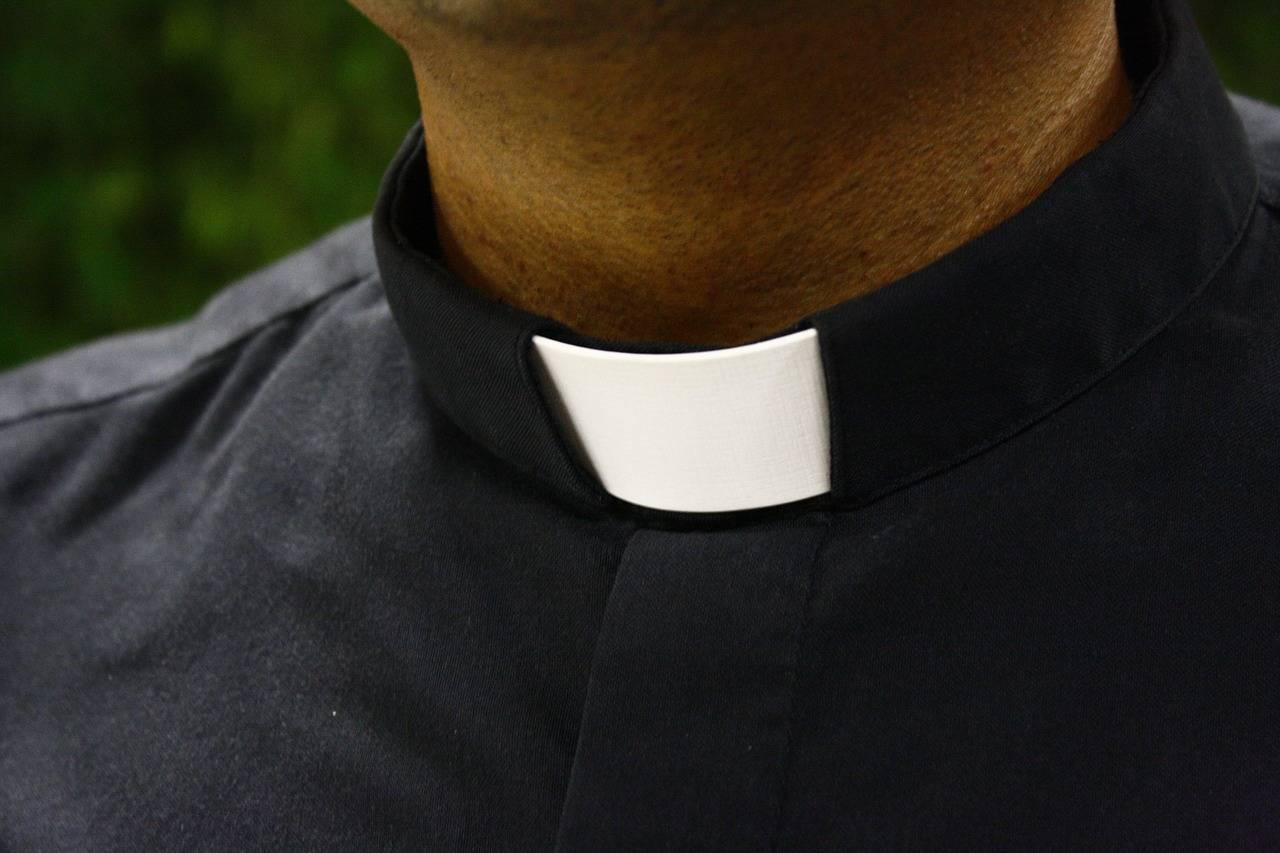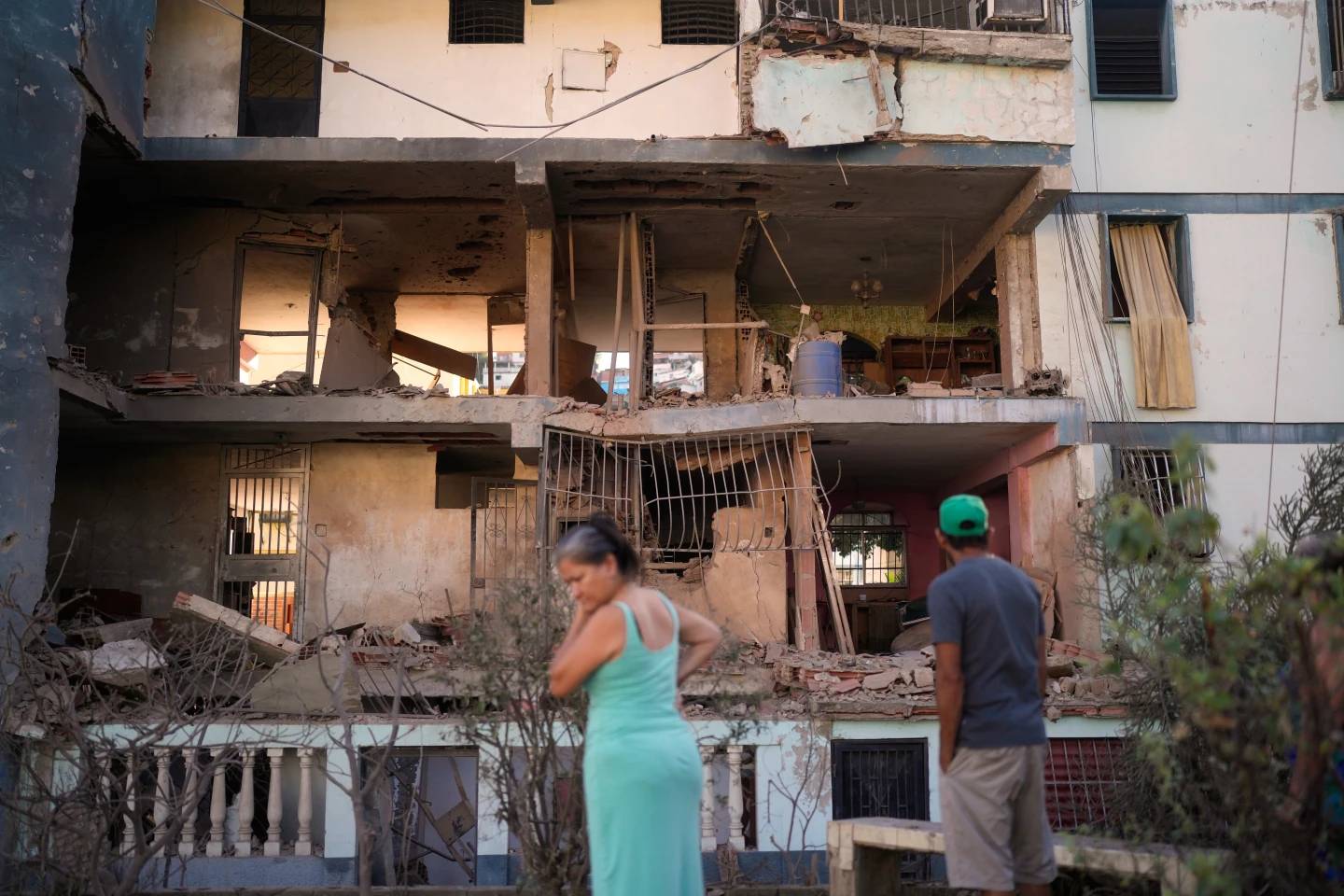ROME – In response to criticisms in recent days that his two criminal complaints against investigative journalists is an assault on the free expression of the press, Peruvian Archbishop Jose Antonio Eguren Anselmi has said that while free press is important, it is not an absolute value.
“It is falsely stated that the complaint made by [Eguren Anselmi] is a threat to the freedom of expression,” reads an April 14 statement from the Archdiocese of Piura, which Eguren Anselmi oversees.
“Freedom of expression, although it is a great value to promote in our democratic society, is not an absolute value and it has limits: Respect for the honor and good name of people,” the statement said, adding that in this sense, the recent guilty verdict and sentencing of journalist Pedro Salinas “does not constitute a gag of freedom of expression.”
Salinas, who has been battling criminal charges of aggravated defamation by Eguren Anselmi since last summer, lost his legal fight on April 8 and was sentenced to a 1-year suspended prison sentence and a fine of $24,000.
Salinas and fellow journalist Paola Ugaz, also charged with criminal defamation by Eguren Anselmi, co-authored the 2015 book Half Monks, Half Soldiers, detailing years of sexual, psychological and physical abuse inside the Sodalitium Christianae Vitae (SCV), a prestigious Catholic order born in Peru and whose founder, layman Luis Fernando Figari, was prohibited by the Vatican in 2017 of having further contact with members of the group after being accused of physical, psychological and sexual abuses inside the community.
Eguren Anselmi’s complaint against Salinas was made in relation to a series of articles and interviews he published in early 2018 comparing Eguren Anselmi, who is a member of the SCV, to Chilean Bishop Juan Barros, who resigned from his post in the diocese of Osorno after facing accusations that he helped cover up the abuse of his longtime friend and Chile’s most notorious abuser, ex-priest Fernando Karadima.
Salinas had also charged that Eguren Anselmi was part of an alleged land trafficking scandal in Piura, which the archbishop has denied.
Ugaz was charged for her role in a documentary series by Al-Jazeera she helped to produce which also named Eguren Anselmi as part of the land trafficking scandal. She’s also being charged for her coverage of Salinas’s case and for a series of tweets that she sent ahead of Pope Francis’s January 2018 visit to Peru in which she described Eguren Anselmi’s history with the SCV, saying he knew of the founder’s abuses and did nothing.
Days after Salinas’s April 8 sentencing, Ugaz won an appeal to transfer her case to Lima, meaning legal proceedings will now continue in the Peruvian capital instead of Piura.
On April 10, the leadership of the Peruvian bishops’ conference, including the newly-appointed Archbishop of Lima, Carlos Gustavo Castilla Mattasoglio, issued a statement distancing themselves from Eguren Anselmi and implying that Francis is on the side of the journalists.
In their statement, the bishops said Salinas “sought to clarify the truth” about scandals inside the SCV, and that Francis “has praised and thanked the work of the journalists who, through their investigations, contribute to denouncing the abuses, punishing the perpetrators and assisting the victims.”
In its statement, the Archdiocese of Piura said Eguren Anselmi “unites himself to this gratitude,” but it recalled an interview given by Francis in 2016 in which he warns journalists not to fall into the “four sins” of misinformation, slander, defamation and love of scandals, using the word “coprophilia,” a fetish for excrement, to describe the attitudes.
The archdiocese implied that Eguren Anselmi’s charges are hitting back against media power, saying that “In relation to slander, the pope asked the journalist, ‘In addition, (referring to the power that today’s media have), who is going to make a trial? No one. There no one dares.’”
Responding to what has been reported in the media, the Archdiocese of Piura, as it has in past statements, said Eguren Anselmi “never had the intention of going to this extreme,” and is “greatly pained” that the situation ended the way it did for Salinas.
The criminal complaint, the archdiocesan statement said, “was the last resort” for Eguren Anselmi since Salinas refused to retract his reporting.
“Let it be clear that the complaint is not any form of revenge but is the last resort given to [Eguren Anselmi] to defend his honor and his good name, which have been damaged by the affirmations of Mr. Salinas,” the archdiocese said, adding that Salinas, rather than taking down his reports when asked, “continued to use in his publications irreproducible and openly disparaging statements” against the archbishop.
The archdiocese reiterated that the complaint was not a result of Salinas and Ugaz’s 2015 book, insisting that Salinas has attempted to portray it as such throughout the legal process.
It also stressed that the complaint against Salinas was a personal initiative unrelated to the SCV, “as has been maliciously affirmed.”
Responding to previous comments by Salinas saying Eguren Anselmi wanted to “imprison” him and sought to benefit from the fine he would pay if found guilty, the archdiocese argued that this is false on grounds that from the beginning of the process, Eguren Anselmi’s lawyer asked that the 3-year prison term for aggravated defamation be tossed and that funds from the fine be given to a charity with no ties to the SCV.
The archdiocese also hit back against allegations that the legal proceedings were launched in Piura in order to stack the deck in the archbishop’s favor, saying the law stipulates that the trial happen in the same place as the crime, and that in this case, Eguren Anselmi’s pastoral work in Piura has been impacted by Salinas’s publications.
As it has said in previous statements, the archdiocese insisted that the trial was not abnormally accelerated, as some have argued, but took place according to the law. The archdiocese also argued against what it said were complaints that Eguren Anselmi has an “omnipotent power” in Piura, including in the courts, saying the fact that Ugaz won her appeal to transfer the case to Lima is proof.
Responding to the statement made by the leadership of the Peruvian bishops’ conference, Eguren Anselmi stressed that it was not a statement made on behalf of all bishops in Peru, and that he has received calls of solidarity from bishops, priests and laity.
















